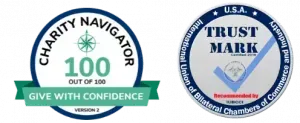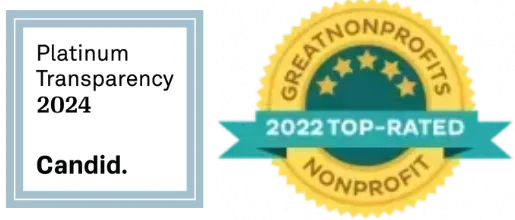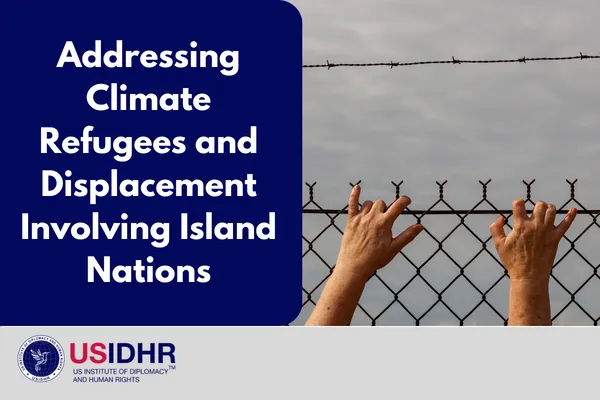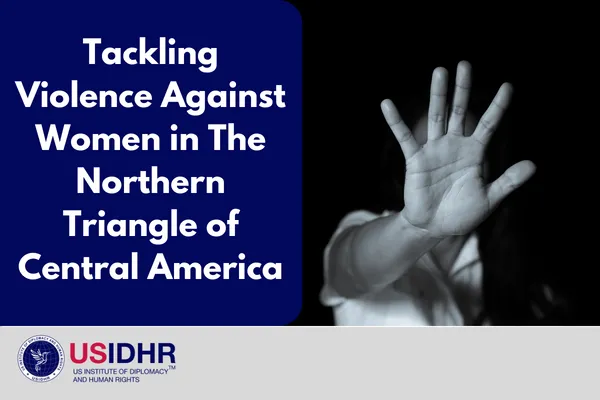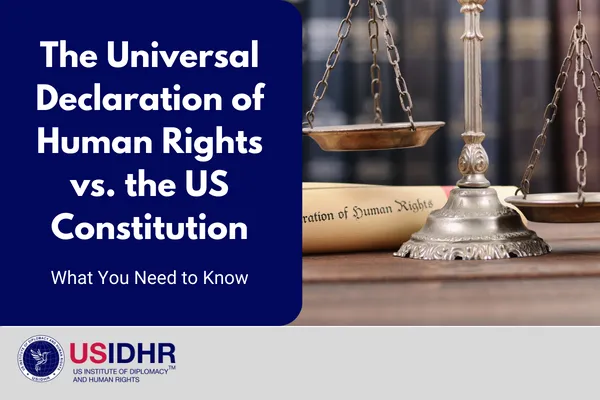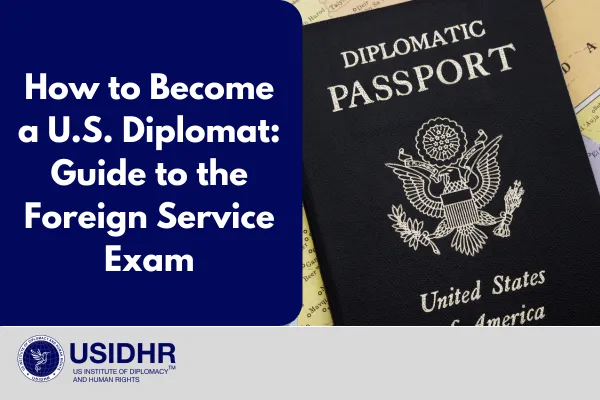
How to Become a U.S. Diplomat: Guide to the Foreign Service Exam
August 15, 2024 by usidhr.org
7 min read
Embarking on a career as a U.S. diplomat is a noble and challenging path that starts with passing the Foreign Service Exam. This rigorous examination is your gateway to representing your country on the global stage, advocating for U.S. interests, and contributing to international diplomacy. In this guide, we'll walk you through the essentials of the Foreign Service Exam, including important dates, sample questions, and practice tests, while also highlighting how specialized training in diplomatic protocol can boost your chances of success. We’ll also recommend some essential books to help you prepare.
Understanding the Foreign Service Exam
The Foreign Service Exam, administered by the U.S. Department of State, is designed to evaluate candidates' knowledge, skills, and potential as future diplomats. The exam consists of several components:
Foreign Service Officer Test (FSOT): This is a written test that assesses your knowledge in areas such as world history, economics, U.S. government, and current events. It also evaluates your ability to write clearly and persuasively. Staying informed about the Foreign Service Exam dates is crucial for timely preparation.
Qualification Evaluations Panel (QEP): If you pass the FSOT, your personal narratives and professional experience are reviewed to determine if you move on to the next stage.
Foreign Service Oral Assessment (FSOA): A day-long evaluation that includes a group exercise, structured interviews, and a case management exercise. This stage tests your ability to think critically, communicate effectively, and work under pressure.
Clearance Processes: After passing the FSOA, candidates must obtain medical and security clearances before being eligible for a position.
Final Review Panel: A comprehensive review of your performance across all exam stages and clearances to determine final eligibility.
Understanding these stages is vital to your preparation, and supplementing your studies with specialized training can make a significant difference. Programs like those offered by the US Institute of Diplomacy and Human Rights (USIDHR) provide valuable insights into the practical aspects of diplomacy that are often tested during the exam.
Sample Foreign Service Officer Exam Questions
To give you a sense of what to expect, here are some sample questions similar to those you might encounter on the FSOT:
U.S. Government and Politics:
Question: Which of the following powers is not granted to Congress under the U.S. Constitution?
A) The power to declare war
B) The power to levy taxes
C) The power to regulate commerce between states
D) The power to establish local governments
Answer: D) The power to establish local governments
Economics:
Question: If the Federal Reserve decides to decrease the reserve requirement for banks, what is the most likely immediate effect?
A) Increase in interest rates
B) Decrease in inflation
C) Increase in money supply
D) Increase in unemployment
Answer: C) Increase in money supply
World History:
Question: Which of the following events marked the beginning of the Cold War?
A) The Yalta Conference
B) The Cuban Missile Crisis
C) The Berlin Blockade
D) The signing of the Non-Proliferation Treaty
Answer: C) The Berlin Blockade
Situational Judgment:
Question: You are a diplomat stationed in a foreign country and receive information about a possible security threat to a U.S. citizen residing there. What is your first course of action?
A) Notify the U.S. embassy and request security assistance
B) Contact the local police to handle the situation
C) Reach out to the citizen directly to inform them of the threat
D) Wait for further confirmation before taking any action
Answer: A) Notify the U.S. embassy and request security assistance
English Expression:
Question: Choose the sentence that is grammatically correct.
A) The committee has gave its approval for the new project.
B) The committee has given its approval for the new project.
C) The committee have given their approval for the new project.
D) The committee have gave their approval for the new project.
Answer: B) The committee has given its approval for the new project.
Where to Take Foreign Service Officer Exam Practice Tests
Preparing with Foreign Service Officer Exam Questions Practice Tests is essential to ensure you're ready for the types of questions you'll face. Here are some valuable resources where you can take practice tests:
Official FSOT Practice Test from the U.S. Department of State: The Department of State offers an official practice test that simulates the actual FSOT. This is an essential tool for understanding the test format and types of questions.
FSOT Practice Tests from FSO Compass: FSO Compass offers a range of practice questions, including a free practice test to help you prepare for the FSOT.
FSOT Study Guide from Mometrix: Mometrix provides a comprehensive study guide with practice questions and explanations to help you prepare for the FSOT.
FSOT Practice Questions on Quizlet: Quizlet offers a variety of user-generated flashcards and practice questions for the FSOT, which can be a useful study tool.
FSOT Practice on Study.com: Study.com offers a paid resource with practice questions, video lessons, and test prep strategies for the FSOT.
Recommended Books for FSOT Preparation
In addition to practice tests, the following books are excellent resources to help you prepare for the Foreign Service Exam:
"The Complete FSOT Study Guide: Practice Tests and Proven Strategies to Pass the Foreign Service Officer Test" by Robert C. Clark.This comprehensive guide offers detailed explanations, practice questions, and strategies to help you succeed on the FSOT.
"Inside a U.S. Embassy: Diplomacy at Work, All-New Third Edition of the Essential Guide to the Foreign Service" by Shawn Dorman.This book provides an insider’s look at the work of U.S. diplomats and the challenges they face, offering valuable context for aspiring Foreign Service Officers.
"Career Diplomacy: Life and Work in the U.S. Foreign Service" by Harry W. Kopp and Charles A. Gillespie.This book offers an in-depth exploration of the Foreign Service as a career, including the roles, responsibilities, and life of diplomats.
"World Politics: Interests, Interactions, Institutions" by Jeffry A. Frieden, David A. Lake, and Kenneth A. Schultz. A foundational text that covers the key concepts and theories in international relations, essential for the FSOT.
How Diplomatic Protocol Training Enhances Exam Success
While preparing for the Foreign Service Exam, it's important to recognize that the skills and knowledge required for success go beyond the test itself. Understanding the intricacies of diplomatic protocol can provide a significant advantage. Here’s how:
Mastering Diplomatic Communication: Effective communication is at the heart of diplomacy. Training in diplomatic protocol enhances your verbal diplomacy skills, ensuring you can convey messages with the appropriate tone and formality.
Expertise in Protocol and Etiquette: Diplomatic engagements often involve formal ceremonies, meetings, and social events. Knowledge of correct protocols, from seating arrangements to dining etiquette, ensures you present yourself as a polished and knowledgeable professional.
Cultural Awareness: Diplomats work in diverse environments where cultural nuances can impact relationships and negotiations. Training in international protocol provides the cultural competence needed to engage effectively with global partners.
Confidence in Diplomatic Settings: A strong understanding of protocol and etiquette boosts your confidence, enabling you to navigate both formal and informal interactions with ease.
Take the Next Step with USIDHR
Preparing for the Foreign Service Exam is a crucial step in your journey to becoming a U.S. diplomat. In addition to using these practice resources and book recommendations, consider enrolling in our specialized training at the US Institute of Diplomacy and Human Rights (USIDHR). Our courses in International Protocol and Diplomatic Etiquette will provide you with the skills and knowledge needed to excel in the exam and in your future diplomatic career.
Ready to boost your chances of success on the Foreign Service Exam? Join our International Protocol and Diplomatic Etiquette training course today and gain the expertise you need to excel in the exam and your future diplomatic endeavors.
Enroll now at US Institute of Diplomacy and Human Rights and start your journey to becoming a world-class diplomat.
Join One of Our Certificate Trainings:
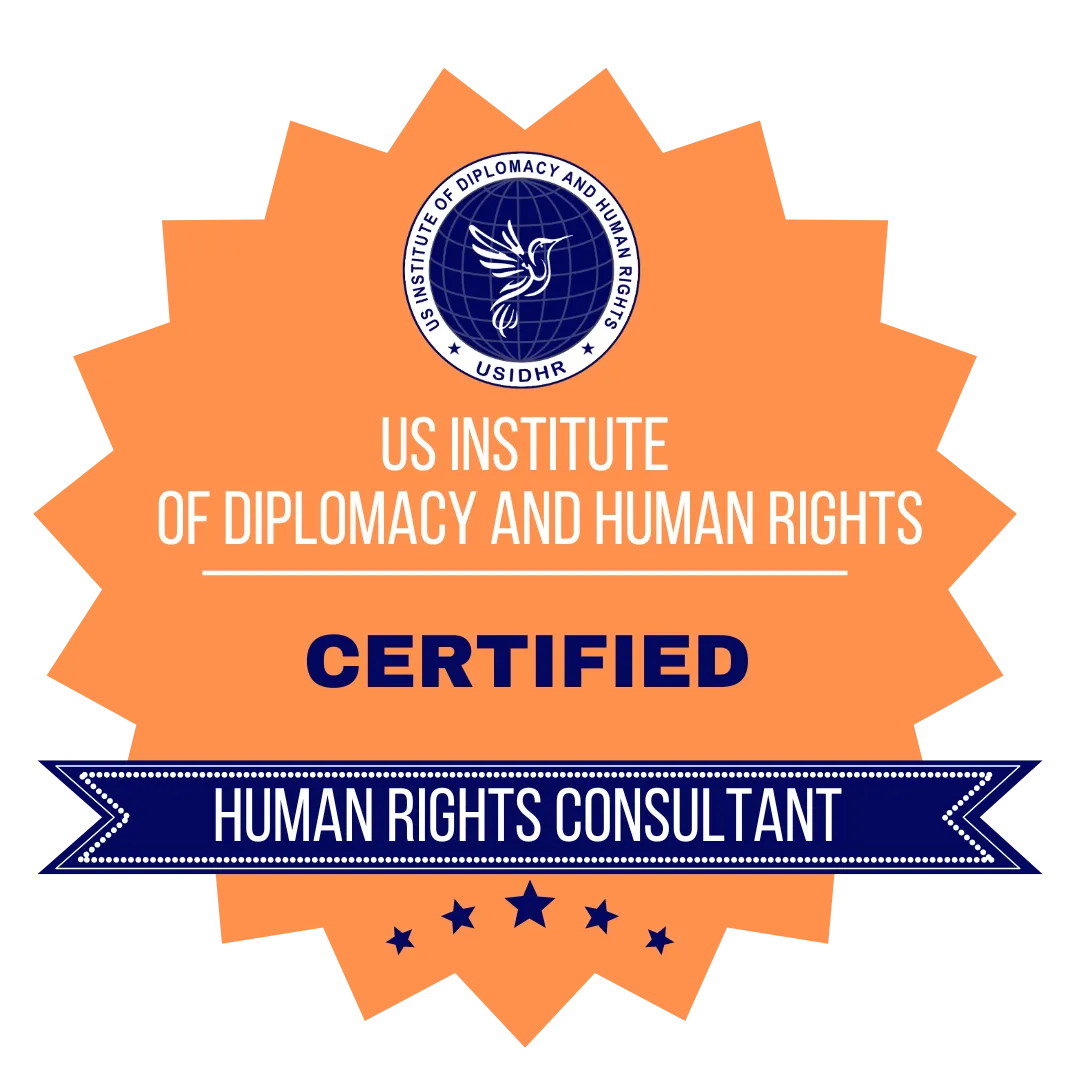
Human Rights Education Certification Training
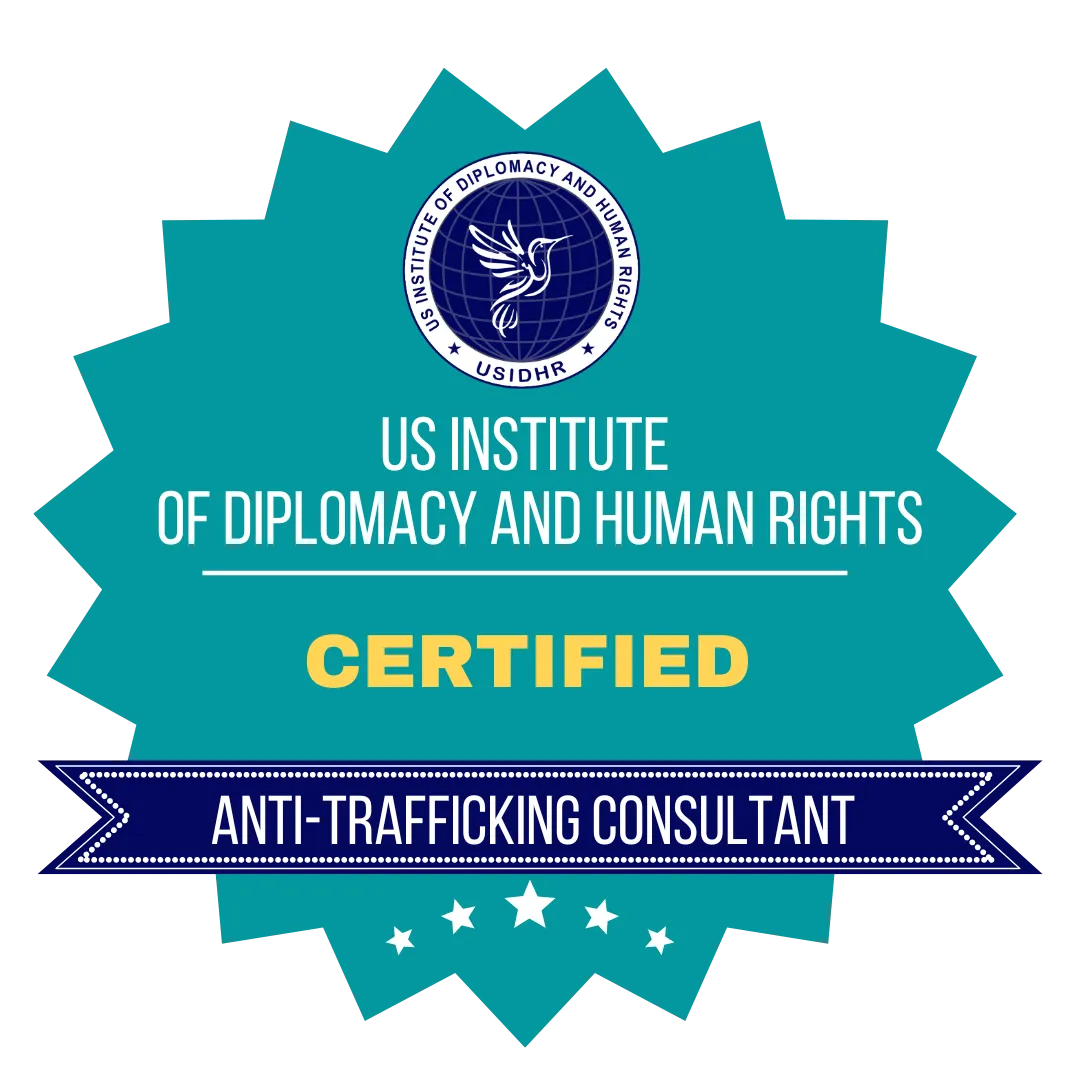
Human Trafficking Certification
Training
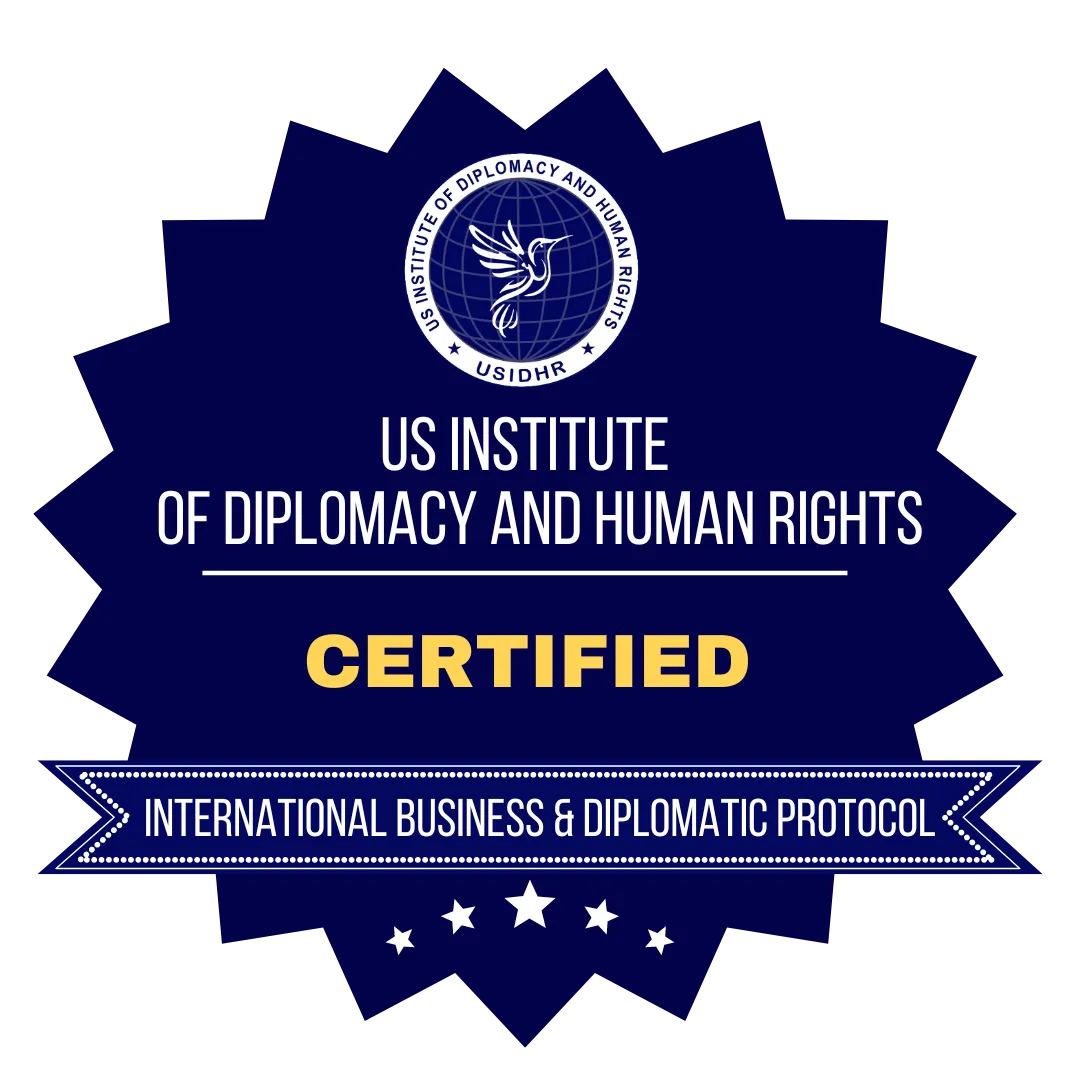
International Business and Diplomatic Protocol Certification
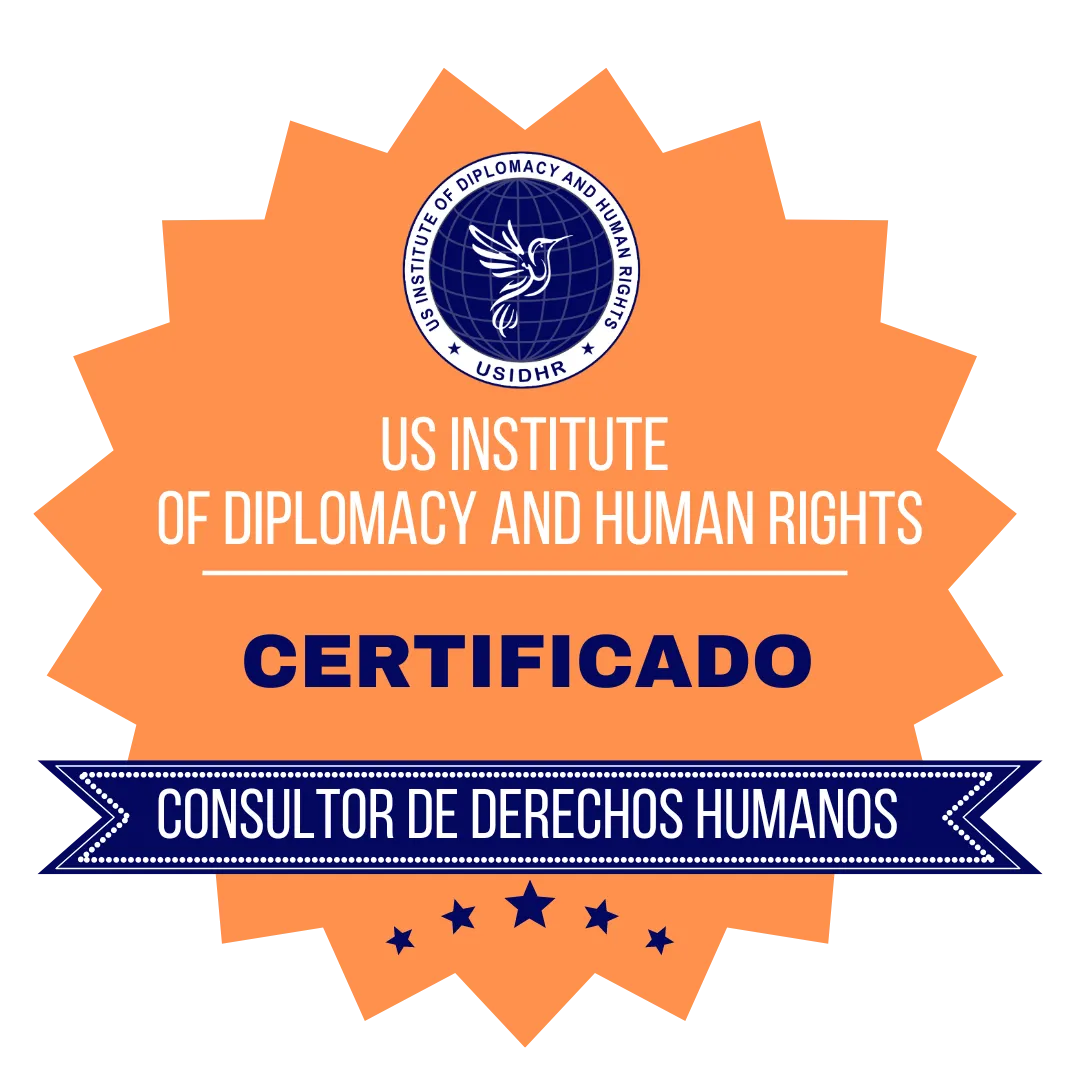
Capacitación En Derechos Humanos
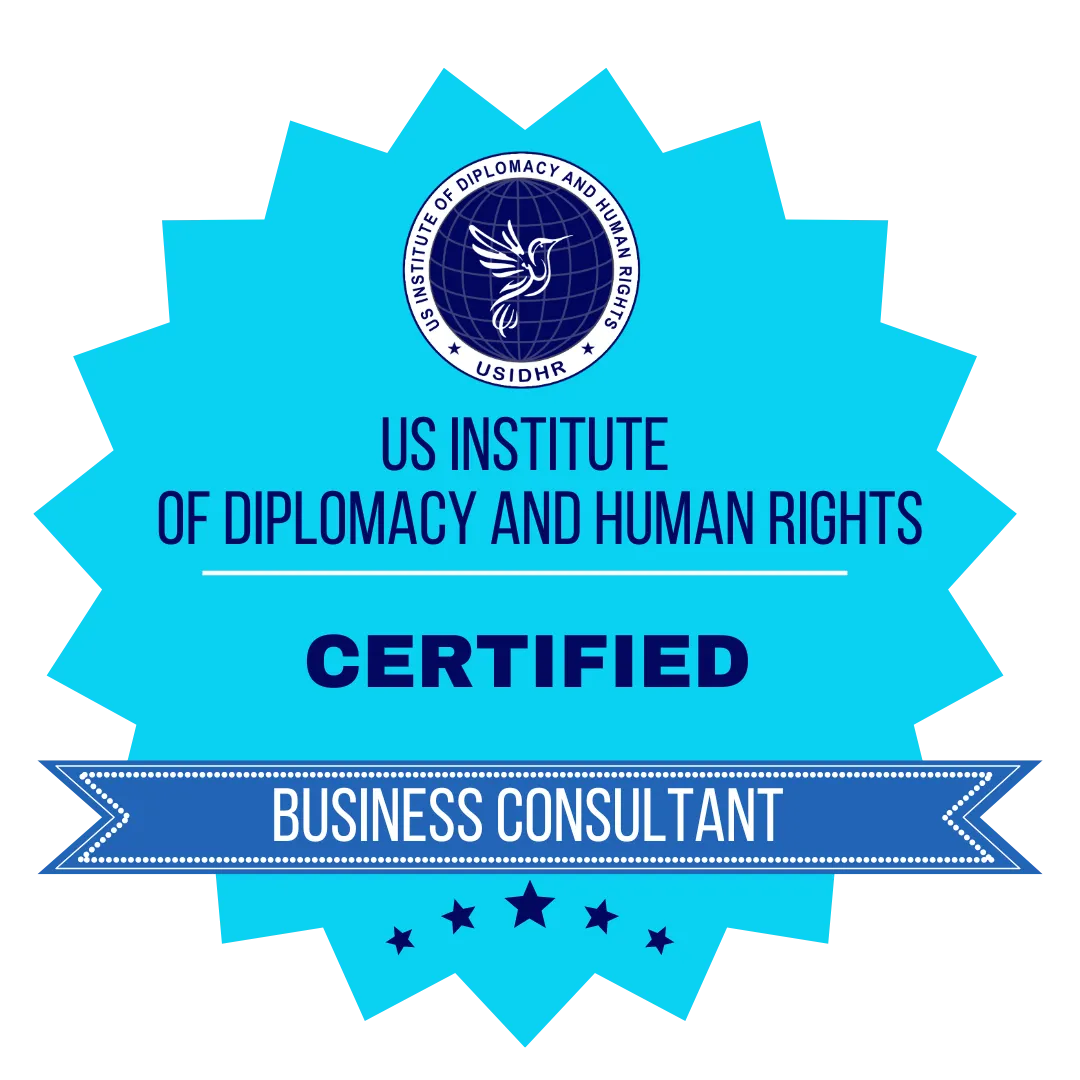
Business Consulting Certification Training
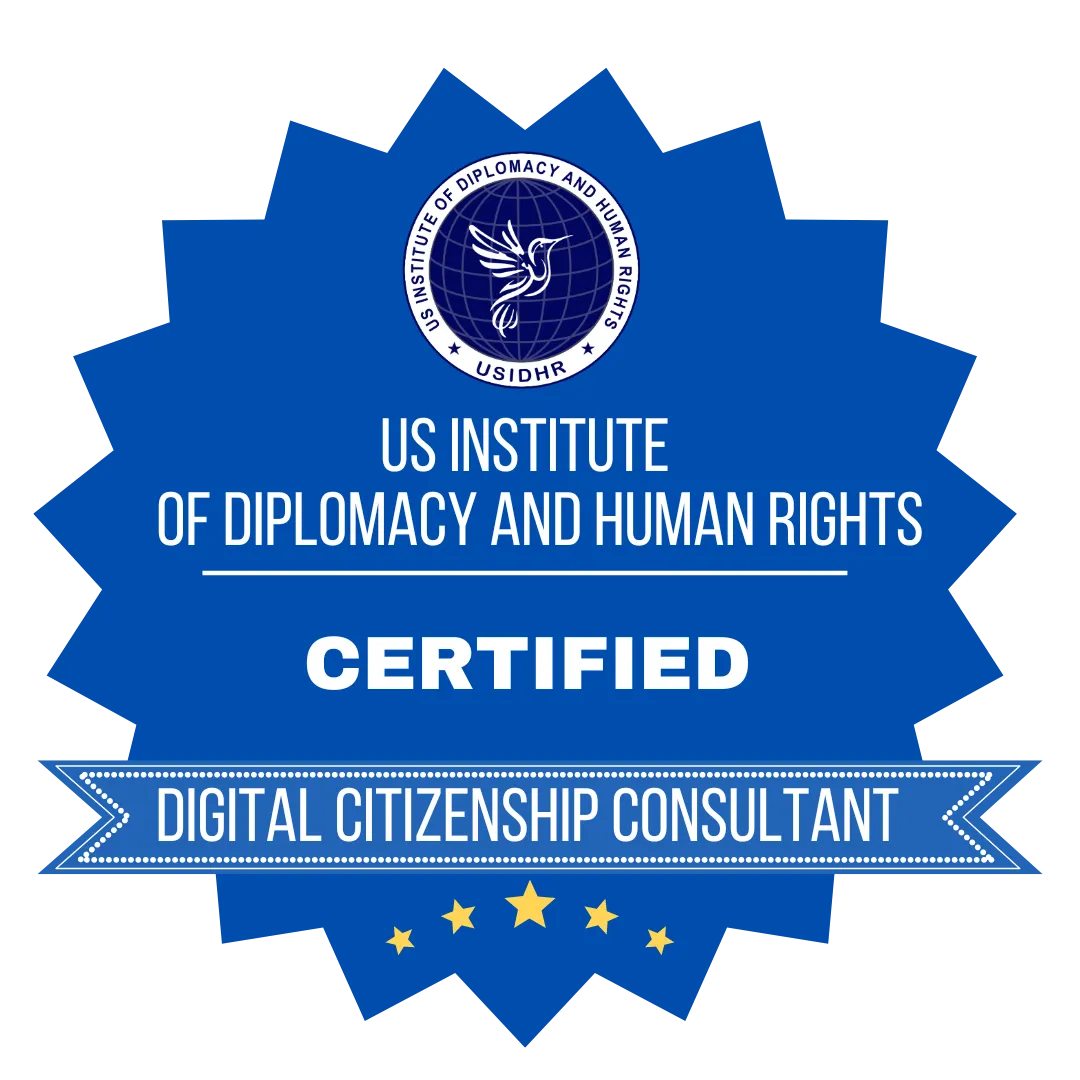
Digital Citizenship Certification
Training
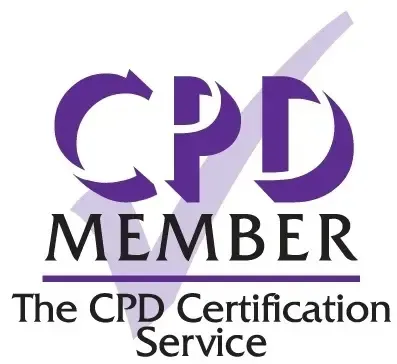
The US Institute of Diplomacy and Human Rights (USIDHR) is an International Continuing Professional Development (CPD) Accredited Organization. Accredited CPD training means the learning activity has reached the required Continuing Professional Development standards and benchmarks. The learning value has been scrutinized to ensure integrity and quality. The CPD Certification Service provides recognized independent CPD accreditation compatible with global CPD requirements
US Institute Of Diplomacy And Human Rights
1250 Connecticut Ave NW Ste 700, Washington, DC 20036
